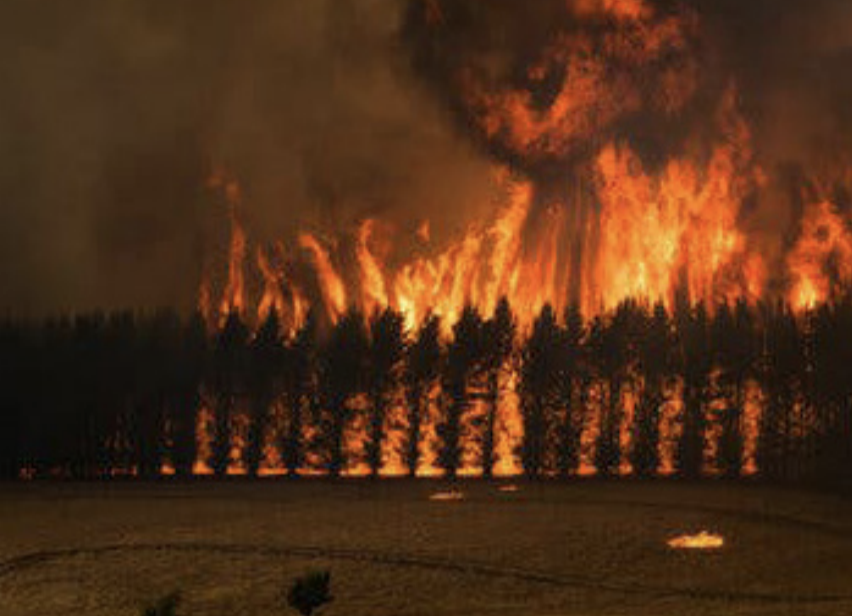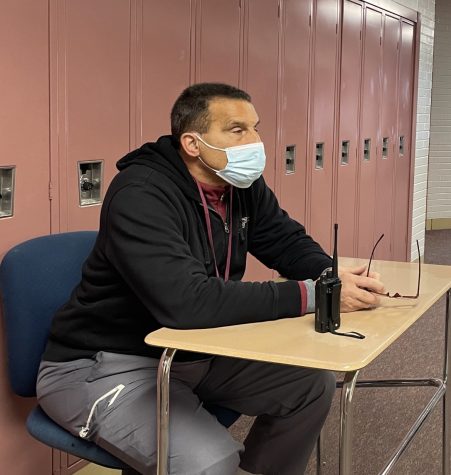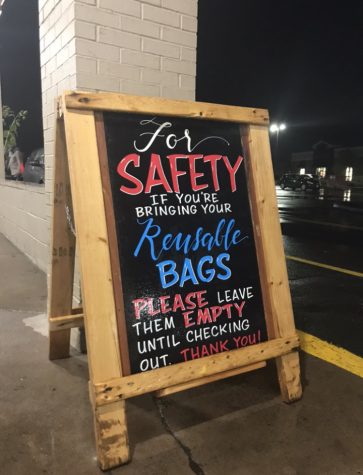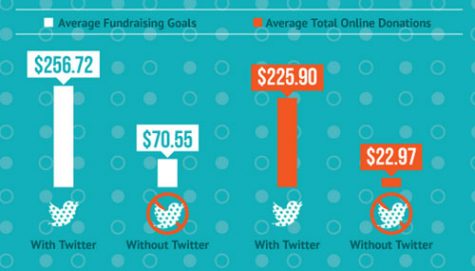Judgment of tragedies is unethical, no need for comparison
Courtesy of The New York Times
Raging destruction — Countless acres of forest in Australia are destroyed in a fire. Australia experienced rapidly growing wildfires throughout the months of December and January.
February 11, 2020
Comparing tragedies to other tragedies is disrespectful and lacks morals. Suffering differs with each person or event, and it is not possible to declare that one tragedy is better or worse to another. This applies to tragedies affecting individuals, communities, or the world.
Everyone experiences pain differently, and no two deaths or losses feel the same. It does not make sense to rate the amount of pain or suffering that one event causes. Even if the tragedies are similar, such as two different wildfires or two shootings, it does not mean that it is acceptable to compare the two.
According to American Battlefield Trust, about 620,000 Americans died fighting in the Civil War. The Washington Post states that an estimated 405,000 Americans died fighting in World War II. Statistically, the Civil War caused greater amounts of casualties than World War II, so many draw the conclusion that the Civil War was “worse” than World War II for Americans, due to the difference in amount of deaths.
“Each death, robbery, injury, and loss is tragic to different people. The pain felt by one individual can not be judged based off of the pain felt by another”
However, it is inhumane to state that one tragedy is “worse” than another. Both World War II and the Civil War caused death and suffering, and impacted the nation. When speaking about tragedies, it is disrespectful to talk about them in terms of numbers and statistics. The losses from the wars were different from each other, and should not be put against each other.
Recently, both California and Australia experienced extreme wildfires that took many lives and land. The citizens of California and Australia lost their homes, family members, and animals to the fires in the area. When looking at the losses caused, it is unethical to view them in terms of which caused more suffering, stating that one place didn’t suffer as much.
On January 26, a helicopter crash killed nine people, including former NBA player Kobe Bryant and daughter Gianna Bryant. The loss of Kobe Bryant affected many around the world who looked up to him as an athlete and admirable man. Recently as well, rapper Juice WRLD died in Chicago on December 8. Those who listened to his music and followed him were impacted by his death. The deaths of both men were tragic and unexpected, so many were suffering from the losses, including the families of both.
People have discussed the deaths in comparative ways, wondering if one celebrity was more influential than the other. However, death is not something to put in terms of better or worse. Regardless of individual career accomplishments, both Bryant and Juice WRLD lost their lives, affecting many different people.
Each death, robbery, injury, and loss is tragic to different people. The pain felt by one individual can not be judged based off of the pain felt by another. Unfortunately, tragic events happen in our world every day, and all we can do is sympathize and help others, not tell them that their pain is not valid because it is not as severe as someone experiencing a different tragedy




